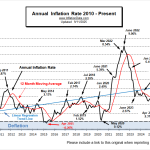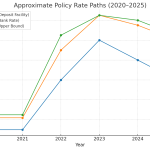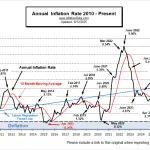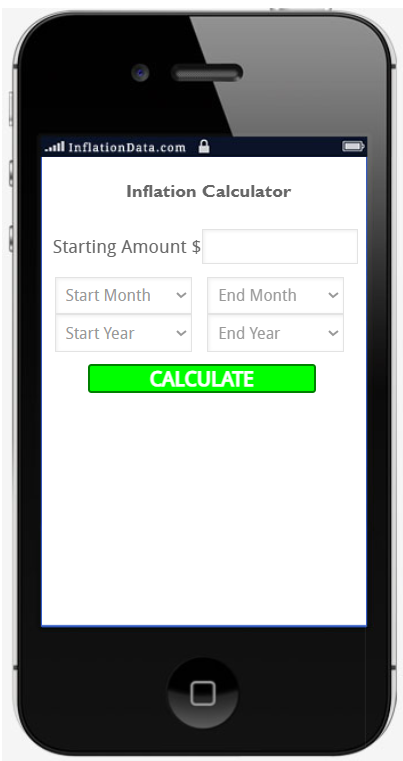Today’s Featured Post
September CPI Data Delay Causes Social Security COLA Concerns

The U.S. Bureau of Labor Statistics’ September inflation data release was scheduled to occur on Wednesday, October 15th, 2025, but at this point it has been postponed until October 24th, due to the government shutdown. Despite the shutdown, the Labor Department is recalling some employees to finalize the inflation data. Much of the information was already collected before the government closed, meaning it can still be processed and published relatively quickly. September Inflation Data Holds … [Read More...]
Latest Articles
August 2025 Inflation Report

The U.S. Bureau of Labor Statistics released its August 2025 Inflation report on September 11th, 2025. The report showed that Annual Inflation was up at 2.9%.
BLS Commentary:
“The Consumer Price Index for All Urban Consumers (CPI-U) increased 0.4 percent on a seasonally adjusted basis in August, after rising 0.2 percent in July, the U.S. Bureau of Labor Statistics reported today. Over the last 12 months, the all items index increased 2.9 percent before seasonal adjustment. The index for shelter rose 0.4 percent in August and was the largest factor in the all items monthly increase. The food index increased 0.5 percent over the month as the food at home index rose 0.6 percent and the food away from home index increased 0.3 percent. The index for energy rose 0.7 percent in August as the index for gasoline increased 1.9 percent over the month.
Looking at table A below, the best performers are in green boxes, and the worst are in red boxes. Thus, we can see that on an annual basis, energy commodities like gasoline are still down, but energy services are up fairly significantly.
The biggest gainers are primarily services such as “Food away from home”, “Shelter”, and “Transportation services”, plus one commodity, i.e., “Used vehicles”.
Is the FED Getting Soft on Inflation?

In his final speech at the conclusion of the Jackson Hole Summit, FED Chairman Jerome Powell announced a major policy change and hinted at a rate cut in September.
Remember in 2020, Congress told the FED to prioritize jobs over inflation. However, throughout 2024 and 2025, Powell’s fear of inflation has led him to prioritize fighting inflation over creating jobs.
Powell’s major policy announcement was that the FED would no longer target 2% inflation. Many pundits believe that the new target will be somewhere around 3% (which is where we are now) or possibly even 4%. Additionally, Powell said that from here on out, the FED will be targeting maximum employment rather than inflation (which could kick inflation up from current levels).
July Inflation Report

The U.S. Bureau of Labor Statistics released its July 2025 Inflation report on August 12th, 2025. The report showed that Annual Inflation was unchanged at 2.7%.
Calculated to two digits, it was 2.67% in June and 2.70% in July. So, although the BLS says it was unchanged it was actually up VERY slightly. The market responded positively with the NYSE up 226.57 points.
AI Is Deflationary But Its Energy Demand Could Fuel Inflation

Artificial intelligence is being heralded as one of the most transformative technologies of all time, with the potential to radically improve productivity, reduce costs, and drive economic growth. But as the AI revolution unfolds, a paradox is emerging: AI has deep deflationary potential, yet its explosive demand for electricity and infrastructure introduces inflationary pressures. Understanding these contradictory forces is essential to understanding how Artificial Intelligence could shape macroeconomic trends in the coming decade.



